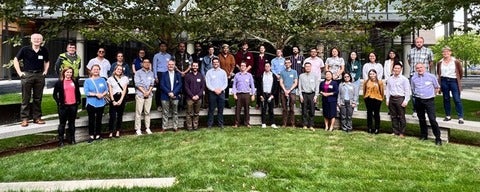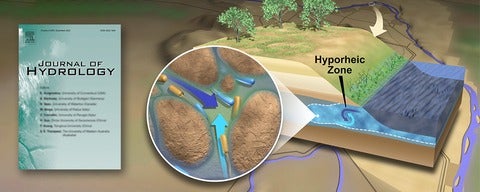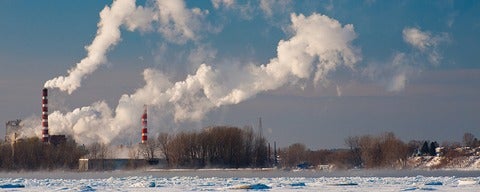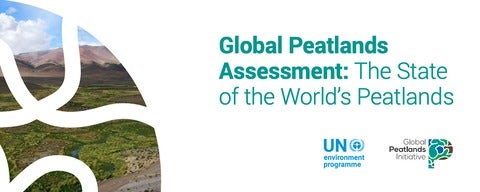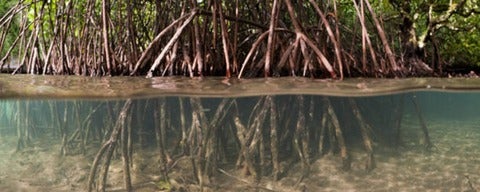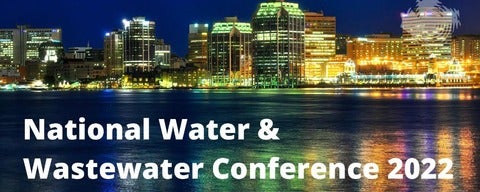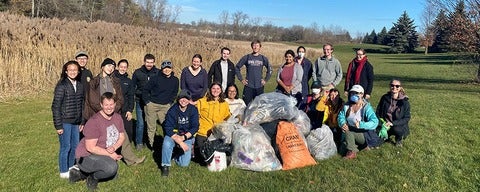Collaborative Water Program student awarded Vanier Canada Graduate Scholarship
Originally published by the Faculty of Environment.
Environmental Impact Assessments (EIAs) have become one of the most important tools government and industry use to understand environmental risks associated with new development projects. But the environment is more than water and soil. And as practiced today, EIAs have many blind spots, often failing to include people and nature in meaningful ways.

